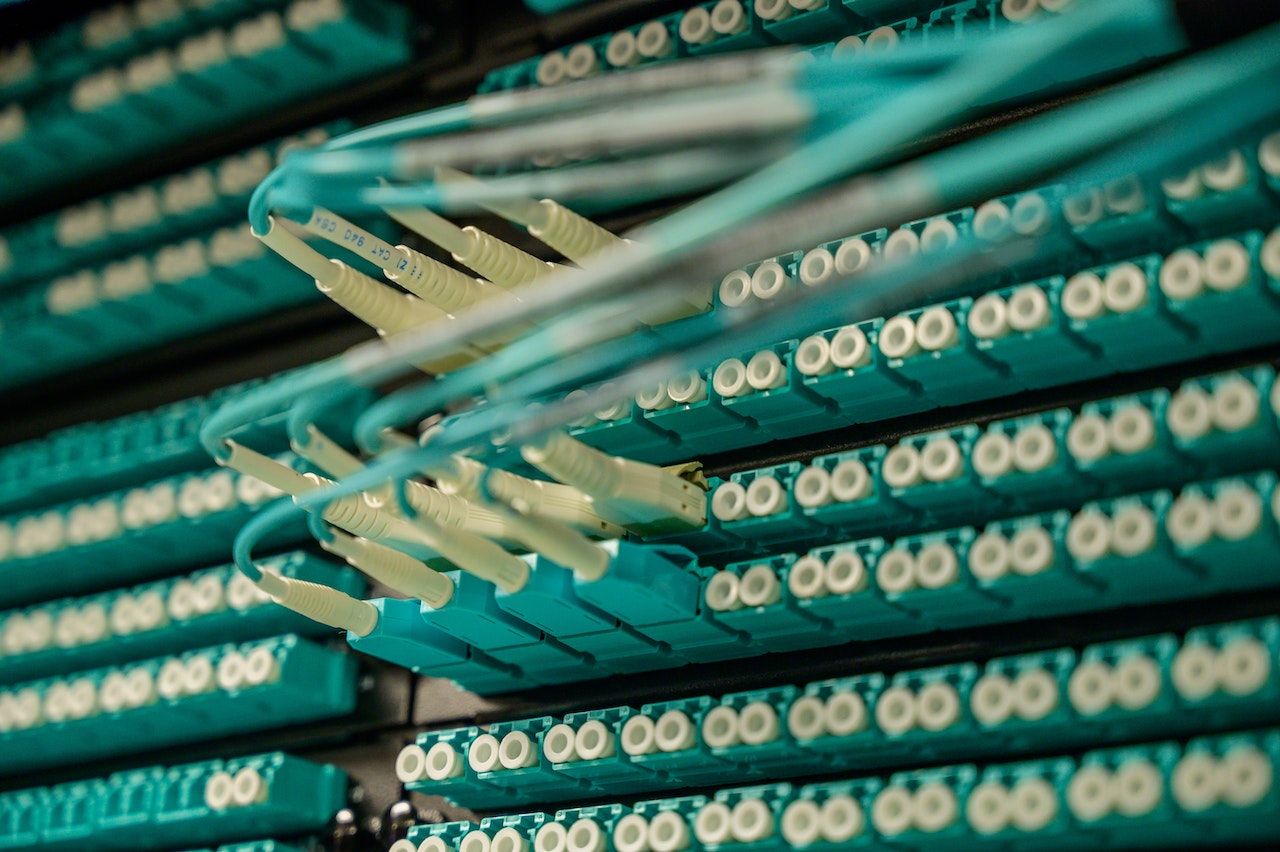Surety Bond Professionals is a family owned and operated bonding agency with over 30 years of experience. With access to a broad range of surety markets, our expert agents are ready to assist with all of your construction bond needs.
What Is Broadband Internet?
The Federal Communications Commission (FCC) is the federal agency charged with regulating interstate and international communications via cable, radio, television, satellite, and wire. Its mission is to promote connectivity and make sure the communications market is healthy and competitive.
The FCC defines broadband internet in terms of data transmission speed. To qualify as broadband, download speed must be at least 25 megabits (Mbps) per second and upload speed must be 3 Mbps or more.
What Is the Digital Divide?
Many areas of the United States are underserved when it comes to broadband internet. The government maintains a broadband deployment map that shows, by census block, the level of broadband coverage throughout the country. However, the map is based on self-reported data from Internet service providers (ISPs), and they consider a census block covered if even one or two homes in the block have broadband internet.
The research arm of Broadband Now, a data aggregation company that helps consumers find and compare local internet options, estimates that the number of Americans without access to broadband internet in 2021 was closer to 42 million than to the 18.3 million estimated by the FCC in 2020.
The term “digital divide” refers to the fact that people in different parts of the country do not have equal access to broadband internet. Many rural areas are underserved because they have not been viewed by ISPs as profitable markets. Consequently, the digital divide is commonly interpreted as a divide between urban and rural populations with regard to broadband access.
In reality, though, the digital divide falls along socioeconomic lines. Low-income families, the elderly, people of color, and those living in rural or Tribal areas are less likely than other segments of the U.S. population to have broadband internet access. Even in urban areas that have the necessary broadband infrastructure in place, many families in lower-income neighborhoods cannot afford internet service.
The digital divide became most apparent in 2020 when online learning became the norm during the global pandemic. The digital divide quickly became an education divide (sometimes referred to as the “homework gap”) when more than 15 million students had no access to high-speed internet in their homes.
Why Is the Expansion of Broadband Internet Important?
Research has shown that expanding broadband infrastructure in rural areas pays off in terms of access to education, remote healthcare providers, and job opportunities. Broadband internet access also stimulates the formation of new businesses and brings lower unemployment and higher property values. According to the World Bank, a 10% increase in broadband coverage in developed economies can lead to an increase of 1.2% in real per capita GDP growth.
The Infrastructure Investment and Jobs Act (IIJA) and the American Rescue Plan (ARP) provide billions of dollars to expand broadband internet in underserved areas. The funds allocated for this purpose are made available in the form of grants to state and local governments and are used to finance projects carried out by private cable and fiber companies.
So What’s the Problem?
As the IIJA and ARP legislation currently stands, grants to companies for the purpose of installing broadband infrastructure are treated by the IRS as income received by those companies and subject to federal income tax. Many consider this counterproductive, as money that should be going to expand and improve broadband internet is instead going back to the federal government in the form of corporate income tax.
What Is the Proposed Solution?
Legislation has been introduced in the U.S. House of Representatives to amend the Tax Code so that broadband deployment grants made to companies through IIJA and ARPA are no longer subject to taxation as corporate income. A similar bill was introduced in the U.S. Senate. The intent is for every dollar set aside by IIJA and ARPA for broadband internet deployment to be used to expand high-speed internet throughout the country and close the digital divide.
Final Thoughts
Companies selected to work on broadband projects funded with IIJA grant money should be aware that they will be required to furnish performance and payment bonds. It makes good business sense for contractors to work on increasing their bonding capacity as soon as possible to ensure that they qualify for IIJA-funded projects.
Call Us Today
Our surety bond professionals will help you grow your revenue by maximizing your surety capacity. Call us today!





